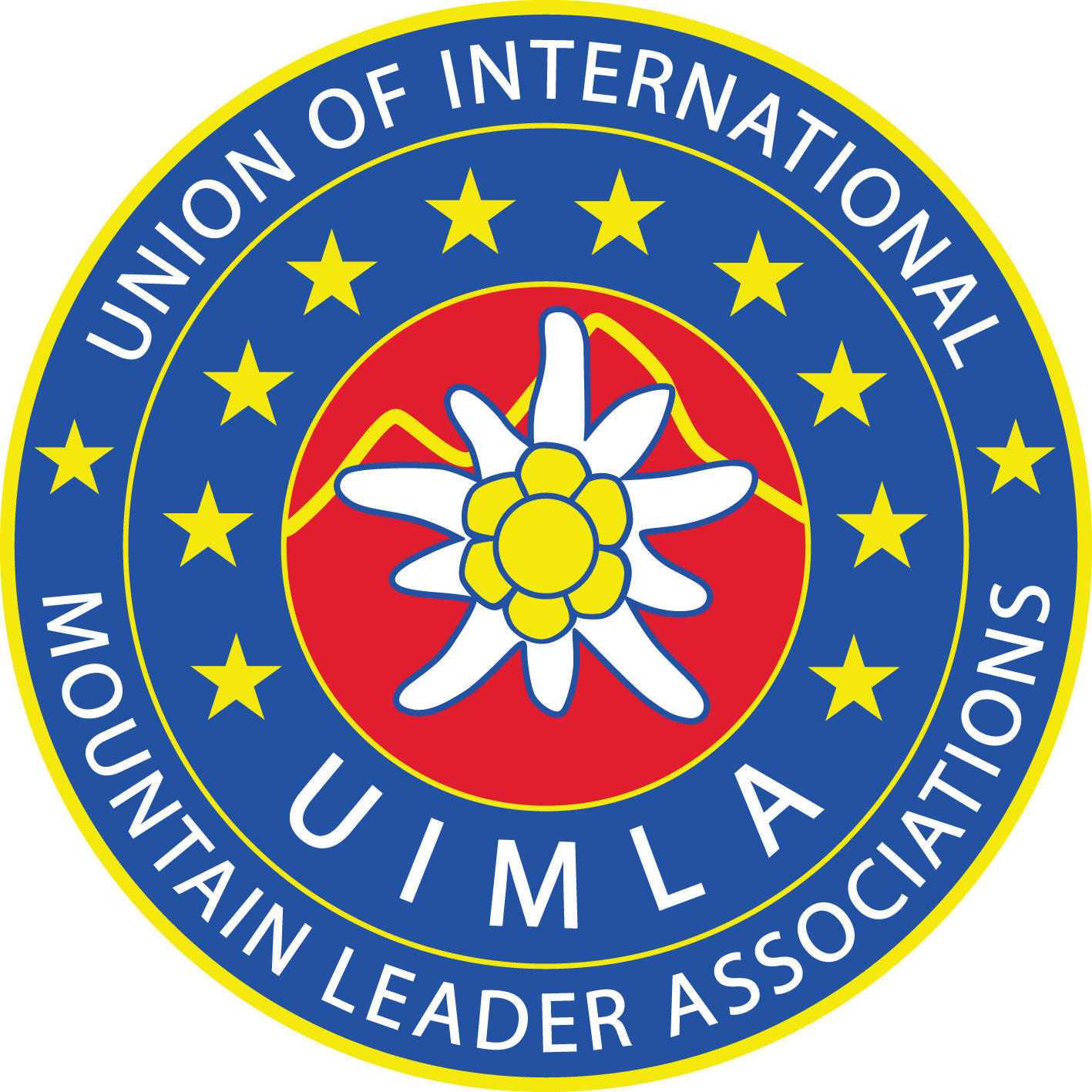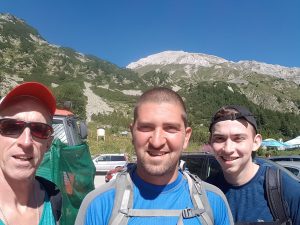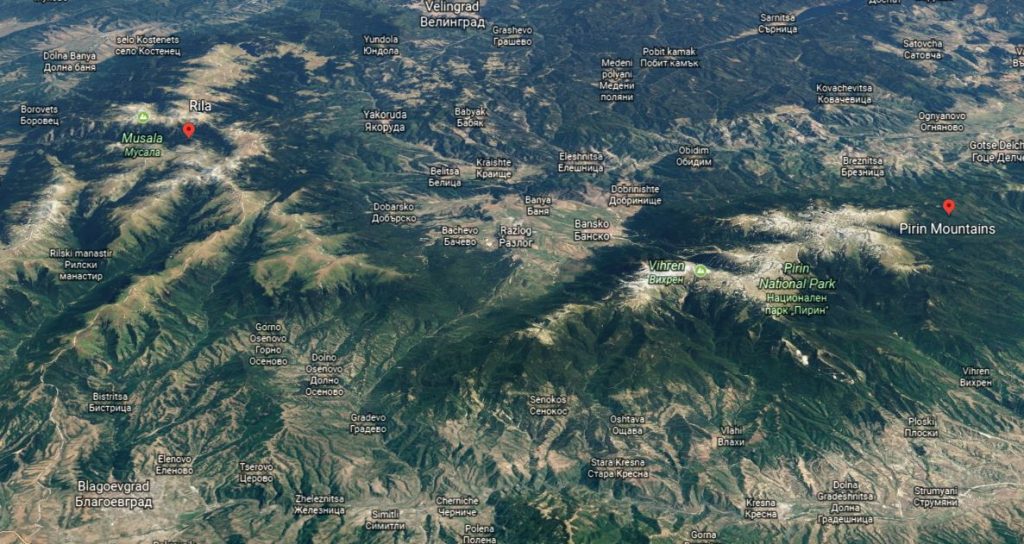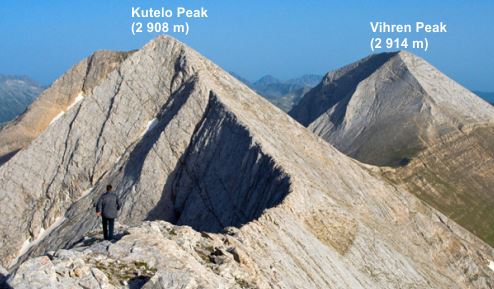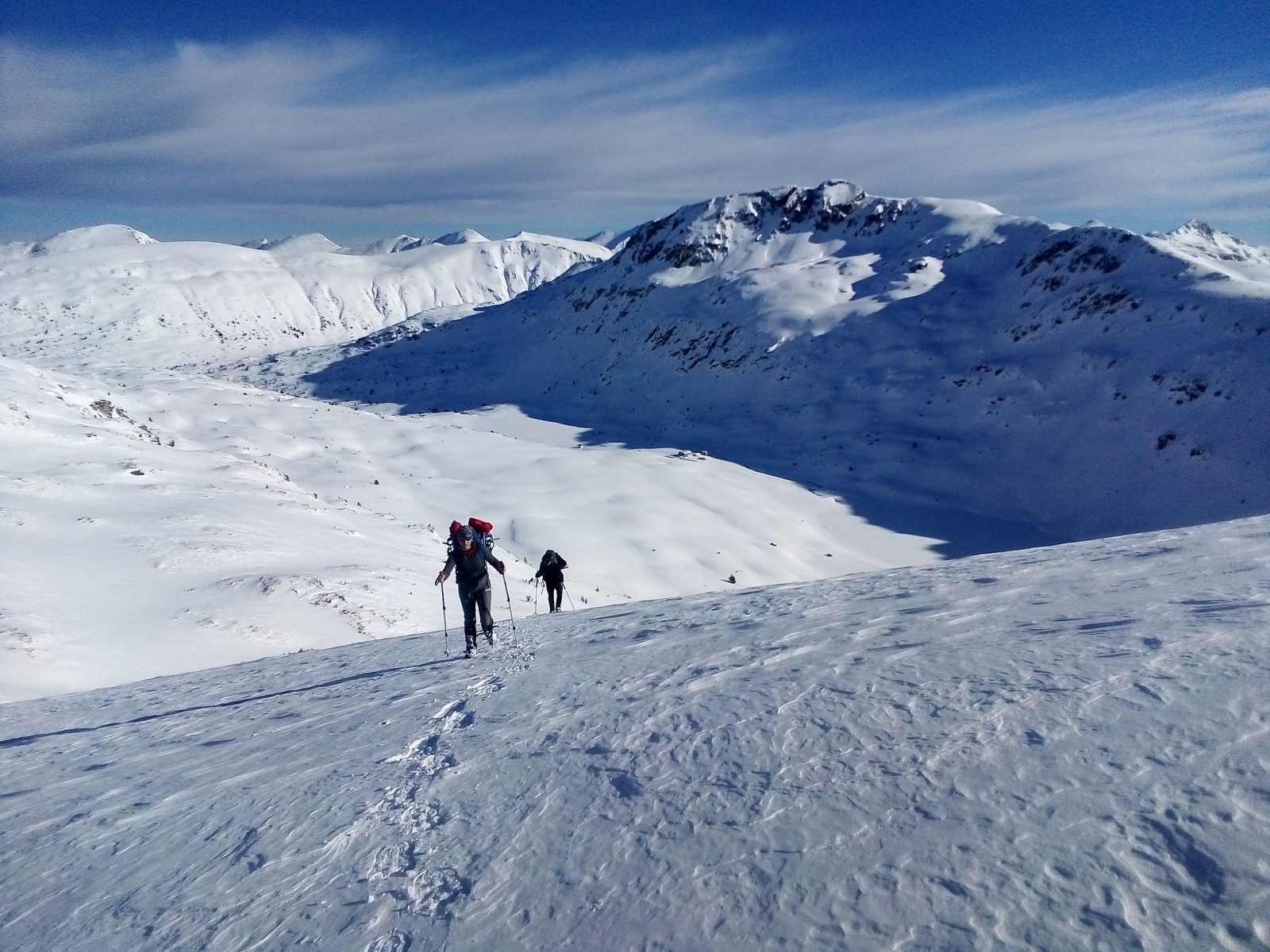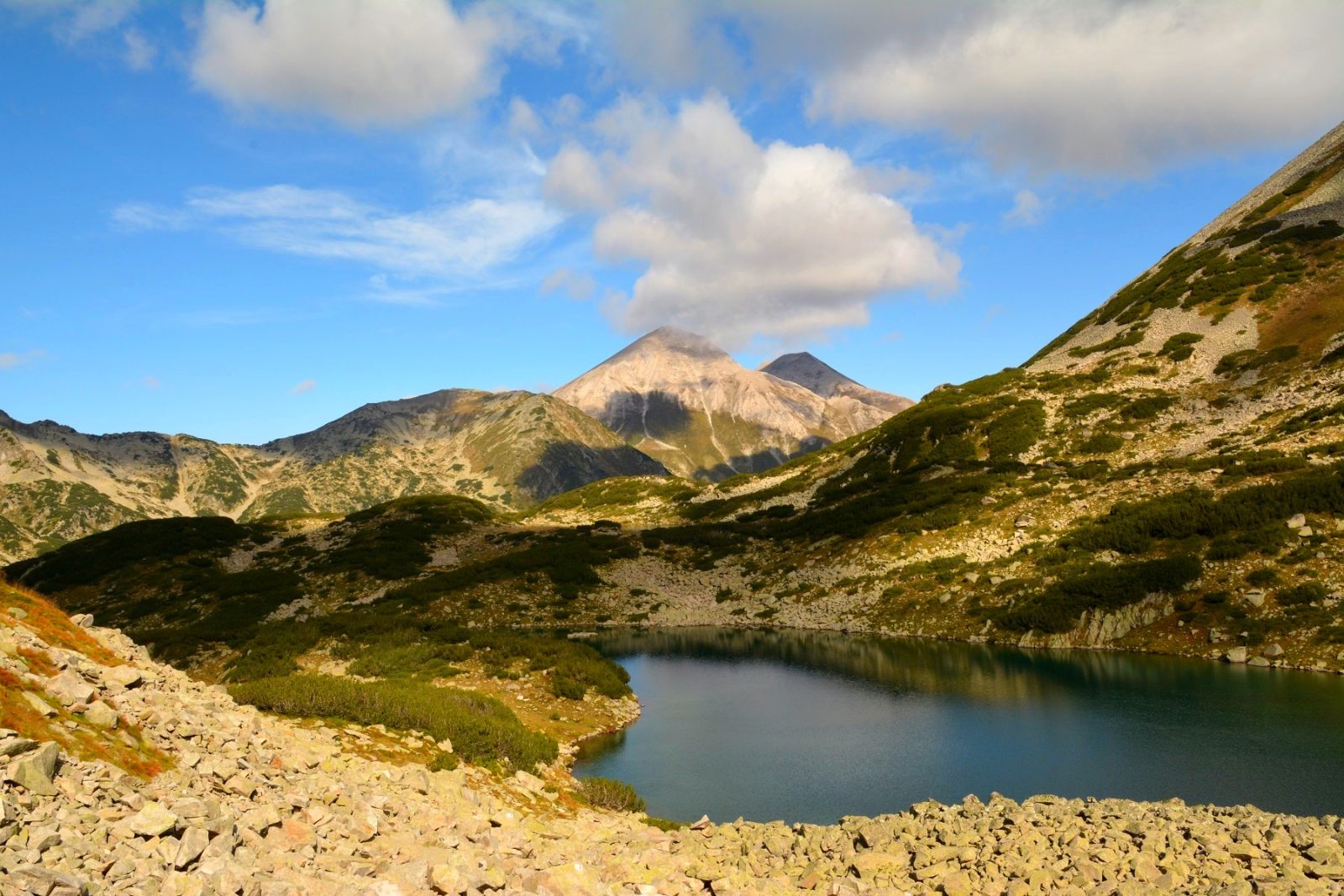
Summits and Ridges of Bulgaria
Some of the highest mountains in Europe are situated in Bulgaria and this trip will give you the chance to visit those magnificent forests, lakes and summits which are far less crowded and wilder than the Alps. The ‘Summits and Ridges’ trip is a moderately challenging summer trek in Bulgaria for those that love the outdoors, but it also has welcoming and comfortable accommodation in local hotels en route. This stunning journey will also allow you to experience the traditional atmosphere of the old towns of Bulgaria whilst discovering and enjoying both the Rila and Pirin mountains and the beauty, wildlife and views that they offer.
Summer trekking holiday in Bulgaria
Some of the highest mountains in Europe are situated in Bulgaria and this trip will give you the chance to visit those magnificent forests, lakes and summits which are far less crowded and wilder than the Alps. The ‘Summits and Ridges’ trip is a moderately challenging summer trek in Bulgaria for those that love the outdoors, but it also has welcoming and comfortable accommodation in local hotels en route. This stunning journey will also allow you to experience the traditional atmosphere of the old towns of Bulgaria whilst discovering and enjoying both the Rila and Pirin mountains and the beauty, wildlife and views that they offer.
Climb some of the highest peaks, including Malyovitsa (2729m – 2nd highest in the Rila mountains) and Vihren (2914m – highest peak in the Pirin mountains), hike through the Seven Rila lakes, enjoy panoramic views of the surrounding mountains as you witness the alpine world of the Rila and Pirin mountains.
The best months for summer trekking in Bulgaria are traditionally June through to September when the days are long, the weather is dry and the temperatures are hot though the temperatures in spring (April and May) are also very pleasant. The trip is suitable for people with some mountain experience, perfect for small groups and families.

What Our Adventurers Think:
Mark and I had a great time, we are very grateful to Stoyan and the Adventure Alternative team for their organisation of this trip. Mark and I got sick on the Sunday but Stoyan was able to amend the itinerary so we were able to recover all day before our last day up in the mountains. The accommodation was great throughout, it was varied and comfortable, we’re just sorry we didn’t get the night in the hostel at the edge of the lake but I couldn’t have gone up a flight of stairs that day never mind a mountain! Our driver Nikkolai was super too, very helpful and very professional. It was my sons toughest ever challenge so I was very proud of him. I would heartily recommend this trip, it’s a week-long and every day is filled with wondering views and challenges – and great food and wine! Whenever Stoyan eventually makes it over to Northern Ireland, let me know because Mark and I would love to meet up YIT (yours in travel!) Peter Jack
Pirin National Park
Our itinerary takes us on an exciting and enjoyable journey through both the Rila and Pirin mountains! Check out this video on the Pirin National Park.
Summer trek in Bulgaria - itinerary
Here you will find an in-depth breakdown of the Summits and Ridges of Bulgaria trek.
Arrive at Sofia airport where you will be met by your guide and transfer to a picturesque family hotel deep in the forests of Rila mountains. Short briefing about the trip, dinner and overnight.
After breakfast we ascend Mount Malyovitsa (2,729m) – one of the symbols of the region. The summit offers incredible 360 degree views of the countless peaks and glacial lakes in the Rila mountains. After a picnic lunch our route follows a ridge leading us to the famous Seven Rila Lakes where we descend to our hotel in the dense pine forests. The whole trek takes about 7 hours.
After breakfast it is a short transfer with a gondola lift to the higher parts of the Rila mountains. Todays route passes nearby each of the Seven Rila Lakes with a picnic lunch at one of the many picturesque points along the way. After reaching the Razdela pass (2,600m), one of the best viewpoints in the Rila mountains, our trail leads us down towards the world famous Rila Monastery – a UNESCO listed site. Tour of the Monastery of Saint Ivan of Rila, hidden deep in the very heart of the mountain (largest and most famous Eastern Orthodox monastery in Bulgaria). Accommodation in a lovely family hotel nearby where we’ll also have dinner.
Today is an easier trek than that of the previous two days. After breakfast and a short transfer (20 minutes) we walk through the beautiful southern part of the Rila mountains to reach the ‘Macedonia’ hut (2,166m), located on ‘Bears Pass’ for a picnic lunch. Descend to the little village of Dobarsko before transferring to Bansko, a town of old traditional buildings and typical Bulgarian folk music, located at the foot of the Pirin Mountains. Overnight in a local hotel.
After breakfast we make a short transfer (30 minutes) to a mountain hut at 2000m where we’ll start our ascent of Bulgaria’s second highest peak, Mount Vihren (2,914m) – which is the highest peak of Pirin mountains and the most technical part of the trip. Today is all about the incredible views of alpine peaks, marble rock walls and glacial lakes before returning back to Bansko for dinner at a Bulgarian tavern where we’ll experience traditional food, wine and music.
After breakfast it is a 30-minute transfer to Vihren hut (1,950m) where we’ll trek through the very central ridge of the Pirin mountains. Another day packed with stunning views of many lakes and peaks before reaching the tiny Tevno Ezero (Dark Lake) hut (2,515m), in the very heart of Pirin National Park. The trek is about 7 hours in total and we’ll overnight in this unique hut located at the foot of the impressive Mount Kamenitza (2,816m).
After breakfast at Tevno Ezero hut we’ll trek past a group of glacial lakes, and through pine forest to a beautiful village zone nеаrby where it is a short transfer to the town of Melnik – the smallest in Bulgaria, with a population of just under 400. Melnik is located in Blagoevgrad Province, in the south-western Pirin Mountains and is an architectural reserve (96 of its buildings are cultural monuments). Accommodation will be provided at a local hotel and we can celebrate our final night together in a traditional tavern.
After breakfast we transfer back to Sofia, the capital of Bulgaria for departures.
Ready for an Adventure of a Lifetime?
Choose a scheduled date or contact us to set up private dates or a bespoke itinerary. The minimum deposit is £100.00 and the balance is due four weeks before travel.
Fixed Itineraries
No upcoming trips found.

